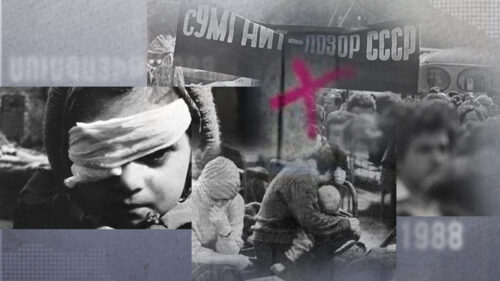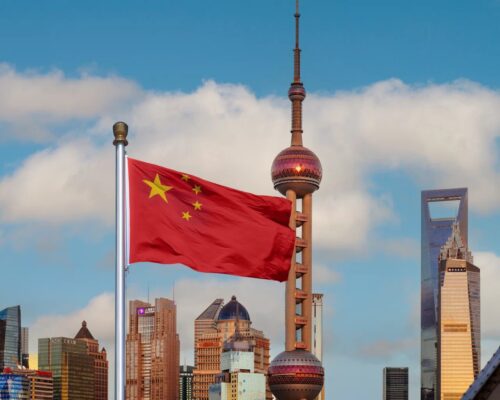
The moment Pashinyan steps down—or is removed from office—Armenia can begin to reclaim its voice, says Vartan Oskanian
In recent weeks, momentum has been steadily building across the democratic world in support of the right of return for the indigenous Armenians of Nagorno-Karabakh—those forcibly displaced in 2023 following Azerbaijan’s brutal blockade and military assault, Vartan Oskanian, Former Foreign Minister of Armenia, writes.
“Yesterday, eighty seven members of the U.S. House of Representatives have signed a letter to Secretary of State Marco Rubio, urging immediate American engagement to secure the “collective, protected, and dignified return” of these uprooted people. This follows powerful resolutions by the Belgian Parliament, the European Parliament, and the launch of the Swiss Peace Initiative. More than 100 members of the British Parliament have also voiced their support. The international consensus is clear: ethnic cleansing cannot be the final word in Nagorno-Karabakh.
What Azerbaijan carried out in 2023 was a premeditated campaign of starvation, siege, assault, and erasure. The ten-month blockade of the Lachin Corridor deprived Armenian civilians of food, medicine, fuel, and critical care. This siege culminated in a military invasion that killed hundreds and forced every last Armenian civilian to flee. In the aftermath, Azerbaijan launched a systematic campaign to demolish Armenian homes, churches, monuments, and cemeteries—not only to displace a people, but to erase their history and foreclose their future. To this day, Azerbaijan continues to hold hostage Nagorno-Karabakh’s elected leaders, prisoners of war, and ordinary civilians.
The letter from the U.S. House of Representatives is not merely symbolic. It is a litmus test of American commitment to the values it claims to uphold. The signatories rightly remind Secretary Rubio that international law does not permit mass expulsion to go unchallenged. If the United States and its allies fail to insist on the right of return for the Armenians of Nagorno-Karabakh, they will reward aggression and set a precedent with dangerous global repercussions.
This is why the Swiss Peace Initiative is so critical. It proposes an international platform for negotiations to secure the safe and guaranteed return of Armenians to their ancestral homes. It recognizes that displaced populations cannot be expected to entrust their safety to the very regime that ethnically cleansed them. Neutral international observers must ensure their security, preserve their cultural heritage, and shield them from renewed persecution.
Instead of endorsing this vision, Armenia’s current leadership is working to dismantle it. Nikol Pashinyan’s declaration that “the issue is closed” is a betrayal of the people of Nagorno-Karabakh. It gravely undermines Armenia’s moral authority and weakens its diplomatic standing.
The moment Pashinyan steps down—or is removed from office—Armenia can begin to reclaim its voice, its values, and its vision. The threat of renewed war will recede. The country’s strategic posture will strengthen. Pashinyan has come to embody national failure: his credibility is exhausted, his alliances eroded, and his leadership inspires neither trust abroad nor confidence at home. Under his watch, Armenia has lost territory, lives, and dignity. According to recent polls, his popularity has dropped to around thirteen percent.
A new government, anchored in national purpose and guided by principle rather than capitulation, can chart a different course: one of strength, sovereignty, and solidarity with its people. It can restore hope to the displaced, reengage allies with clarity and resolve, and lead Armenia back to its rightful place on the international stage,” Oskanian writes.


